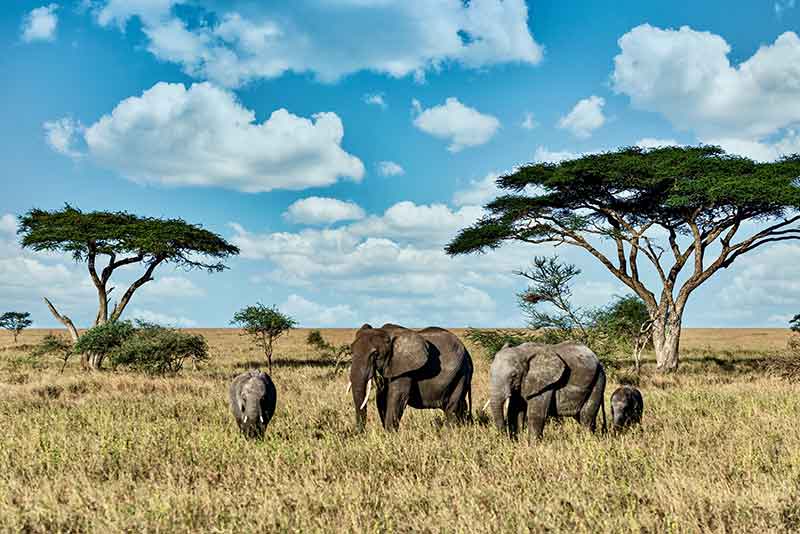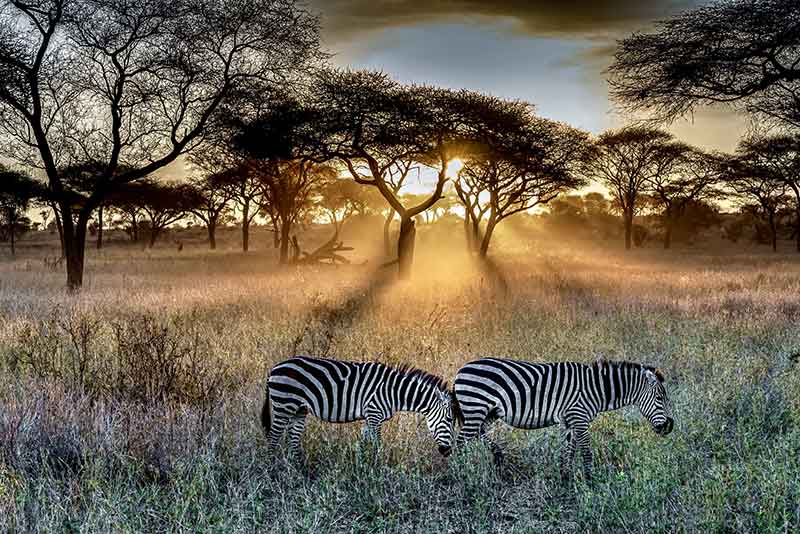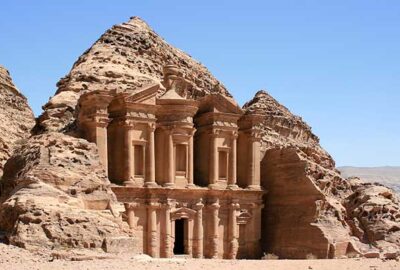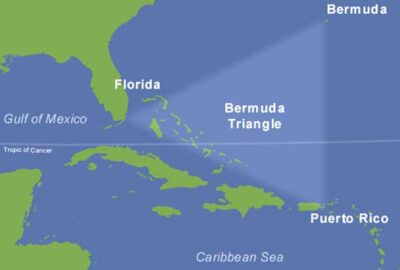If you want to see as many animals while you are on safari, it is recommended that you arrive in Kenya during the period of the so-called – Great Migration. This is a natural phenomenon of migration of animals or wildebeest and zebras within the Serengeti nature reserve.
If you are a big fan of Kenya and Africa, you can test your knowledge in this area in the trivia geography quiz. Many questions and answers will help you discover all the secrets of the wonderful Africa. The great migration, the Egyptian pyramids and the African deserts are just some things you can find here.
Unforgettable trip
The trip is exhausting. Asphalt is rapidly losing underneath us, only dust is waiting for us, savanna and bumping. We are bouncing in the van while we are hurtling toward the Masai Mara, where we will sleep in tents in the Masai flames and from where we’ll go on safari. Adrenalin rushes through me, the feeling that every moment is just now, and probably never again. This present moment will not be repeated twice. I was absorbing as much as possible, so that, while am I writing this now, after almost a year of that trip, I remember so many details of the trip – members of the Masai tribe who we meet along the way with cattle, sand all over your face and hair, vast flat savanna and a symbol of Africa – acacia tree. If for no other, you immediately know that you are on another continent because of the vegetation.
When to go on safari?
When it comes to the climate conditions in Kenya, we can split it in the dry and rainy periods / months. Kenya is on the Equator, and generally has a pleasant warm climate.
Dry season lasts from June to October
Those are the coldest months, is. the winter in this part of the world. Daytime temperatures are around 23 degrees, or about 28 degrees if you’re near the coast (at low altitude). Morning and night temperatures are about 10-15 degrees. As you can see, this is not the real coldness, but the African one. This is, I would say, an ideal time to go on safari. It is warm enough for you to wear a short-sleeved, and evenings are pleasant enough to sleep. Since there is no rain, there are fewer mosquitoes, do not forget it!
Rainy season lasts from November to May
This is the summer period, where daytime temperatures around 28 degrees, depending on where you are (on the coast is warmer, colder in Nairobi). This does not mean that in this period you should not go, because these months are also divided into 3 smaller periods:
- November and December – the so-called period “short rains“. These are the months with the occasional summer showers in the afternoon and evening.
- January and February – changeable weather with longer sunny periods. Unpredictable period when it comes to the amount of rain.
- March, April and May – the so-called period. “Heavy rain“. In these months, in addition to frequent rain, is the high humidity, so it is not recommended to go in this month..
Serengeti National Park
This is the summer period, where daytime temperatures around 28 degrees, depending on where you are (on the coast is warmer, colder in Nairobi). This does not mean that in this period you should not go, because these months are also divided into 3 smaller periods:
Great Migrations wildebeest and zebras
The entire Serengeti is very important for the wildlife of Africa because here is the largest migration of animals – about two million wildebeests and zebras make a large circle around the Serengeti National Park, traveling from Tanzania to Masai Mara and back, following rain and grass growth. There are many unanswered questions about Great Migrations, and you can test your knowledge in the geography trivia quiz.
The movement of zebras and wildebeest
This is really significant to know because the sight of their movements in the pack is unique. If you dream to visit Kenya, you are on safari and see all these animals in their natural habitat, be sure to follow the Great Migration, the natural circulation of animals in search of water and food that never stops. Here you can see all the beauty and cruelty of nature, the struggle for life and death, zebras and wildebeest on the one hand and their predators – lions, leopards, hyenas, crocodiles and alligators on the other, that they are constantly watching and waiting for the right opportunity.
FAQs about tours of Kenya-Tanzania-Zanzibar
After returning from the trip, I received many similar questions and in this article I will try to give you as precise answers.
Is it exhausting?
The tour is not physically strenuous, but it is tiring. What does it mean? On the tour there is not physically demanding days. It is not intended for a long walk, hiking and so on. The only active day was in Mosiah, in Tanzania, where we went to the Materuni waterfall.
We were walking around for about 2 hours to reach the waterfall, there were parts that were steep and parts where we had to skip something, needed some effort to climb up or come down. There is in fact a slippery slope, which was a problem, because the previous night was drizzling, the earth was slippery, and wet leaves and vegetation were only hindered movement. Here good shoes are required.
What is tiring? What struck me most was too tiring driving by vans and buses that take a long time. Wherever we were going, we would travel for about 5-6 hours, on poor roads. And it’s all very tiring and exhausting. You have not worked, and you’re tired. There are great distances, a tour is such that we are constantly changing place of residence, and it seems to me that we were constantly on the bus. Since I am not a fan of buses, it did not suit me, and there are some things that I would have changed in the tour, that’s for sure.
What is about the accommodation?
I was aware that I’m going to Africa, so I did not expect luxury or greater accommodation. The most important thing for me is that it is more or less clean and has hot water. During most of the tour was a decent accommodation, which will be described in more detail when I wrote about the individual cities with tours. All pensions have had a mosquito net over the bed (although they once were pierced) and a private bathroom with hot water.
The worst accommodation was Funguni Palace Hotel in Stone Town in the Zanzibar, because the rooms were too small, and the bathroom was very dirty. The best was the HOTEL KARAFAUU in Zanzibar where we spent the last three days of the tour. Also, accommodation during the two-day safari in the Masai Mara was more than modest, in tents with beds.
The bathroom is problematic here, but as we stayed only one night, it wasn’t that bad. As I write this article, I am looking at many different options for safari accommodation exist on the Maasai Mara, admiring the beauty of the modern room-tents in the middle of the savanna and imagining how it would be great to stay in one of them and enjoy morning coffee at sunrise, overlooking the savanna… Must see!
Is it safe?
We were always in a group and we were told not to go alone. In Nairobi we were going to dinner in small groups, and in Mosiah in Tanzania, we all went to a restaurant and then straight to the hotel because we were told that we should not be on the street after 22h. Zanzibar is much more relaxed, we’re finally able to walk alone.
Overall, at night you should not go out or should go in groups / or with the locals-conductors and be careful. I can´t tell how dangerous is during the day in Nairobi, because before leaving I’ve heard all kinds of stories, but I was always in a big group, therefore I have no idea of how it would be dangerous if it was only two or three of us and if we were without a local guide.
Choose a good travel agency
This tour is offered by several agencies. Tours partially differ from agency to agency. Well-read itinerary and ask to be told in which the hotel you will be located, so you could check on the web their cleanliness and view the comments of other travelers.
From which place would you go home
If you landed in Nairobi, and there begins your journey, and end the tour on Zanzibar, do not return home from Nairobi. It’s too far, you’ve already spent hours and hours on the bus, and you will not have the strength to take the bus back from Zanzibar to Nairobi and then fly back. You would be traveling back for a minimum of 16 hours, but more likely a lot more hours. So, go back or directly from Zanzibar, which would be ideal, or from Dar es Salam.




